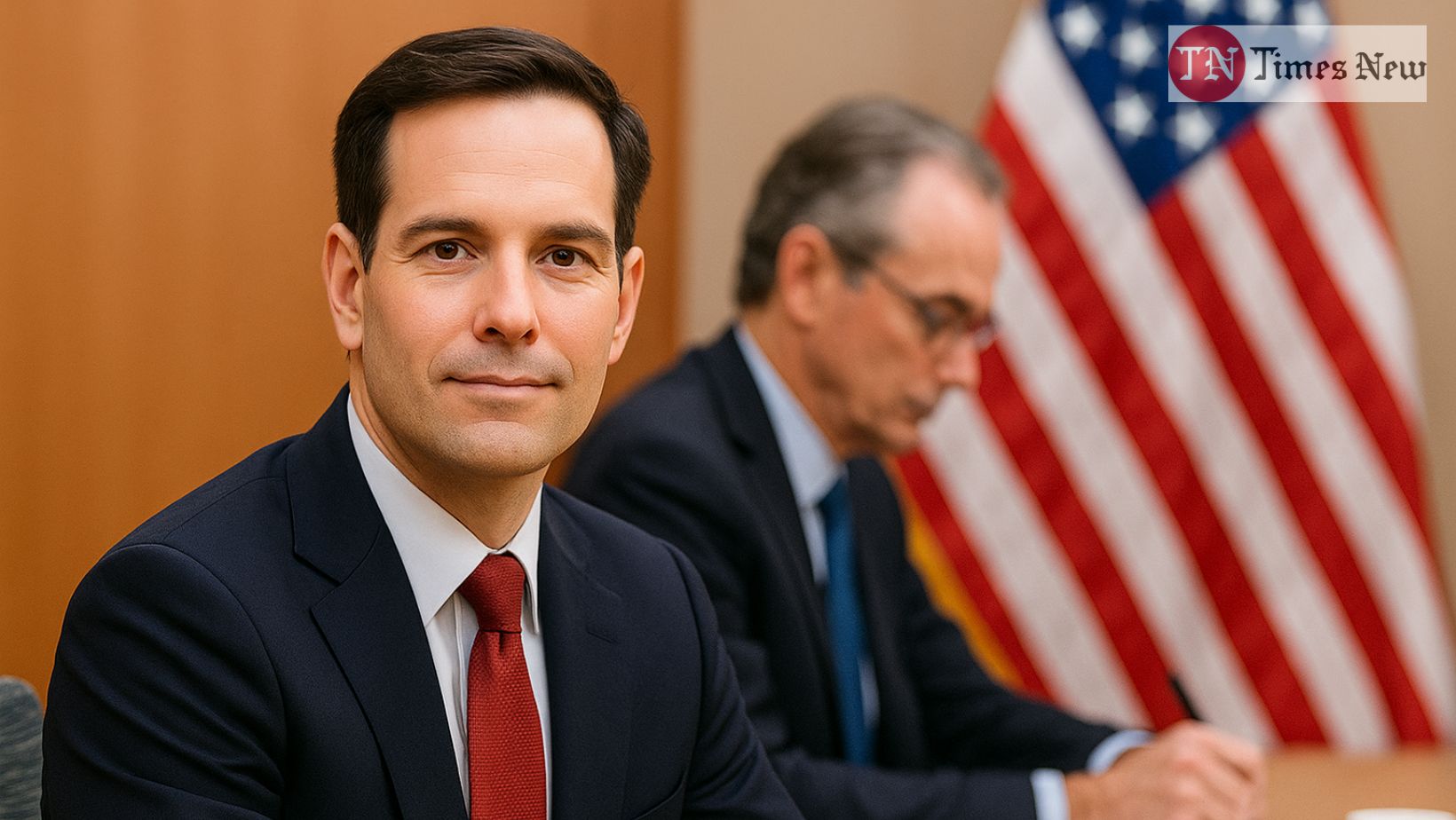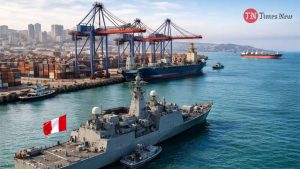
U.S. Secretary of State Marco Rubio pushed back against criticism from some European allies over the legality of recent U.S. military strikes on suspected drug-carrying vessels in the Caribbean, asserting that Washington alone determines how it safeguards its national security. Speaking after a G7 foreign ministers meeting in Canada, Rubio dismissed concerns raised by French Foreign Minister Jean-Noel Barrot, who labeled the strikes a violation of international law. The United States has carried out at least 19 such operations, resulting in 76 deaths, and maintains that the actions are justified under Article 51 of the U.N. Charter as self-defense.
Despite European unease over the escalation, Rubio said no G7 member confronted him directly during the meetings. EU foreign policy chief Kaja Kallas, however, stressed that such use of force requires a U.N. Security Council mandate or clear grounds for self-defense. Independent U.N. experts have also warned that lethal strikes in international waters without due legal basis amount to extrajudicial executions. Rubio rejected a report claiming Britain suspended intelligence sharing over the issue, calling it false, while Colombia responded by halting intelligence cooperation with Washington until the strikes cease.
The G7 joint statement avoided directly referencing the U.S. campaign but reaffirmed a commitment to securing global maritime routes from drug trafficking. Alongside the debate, Ukraine used the forum to urge allies to increase pressure on Moscow and strengthen Kyiv’s military and energy resilience. The ministers reiterated calls for a ceasefire in Ukraine and vowed to intensify economic costs on Russia, while Canada and the U.S. announced new sanctions targeting Russian energy and defense sectors.
Pic Courtesy: google/ images are subject to copyright









